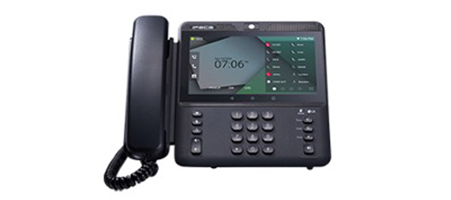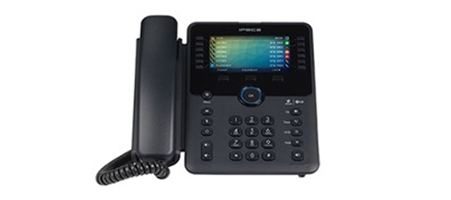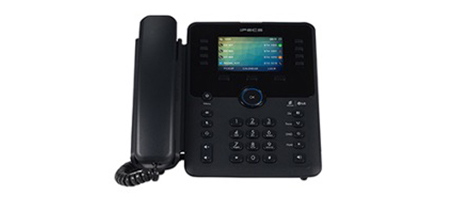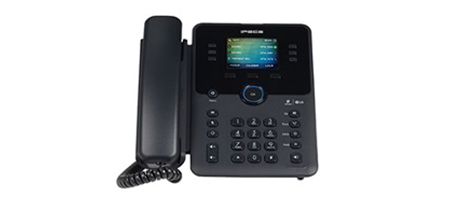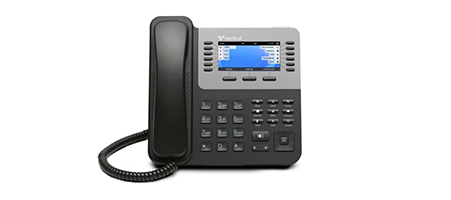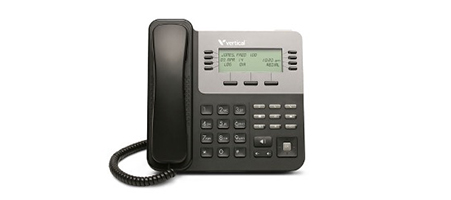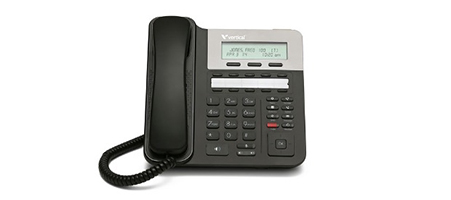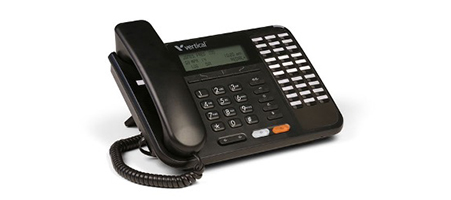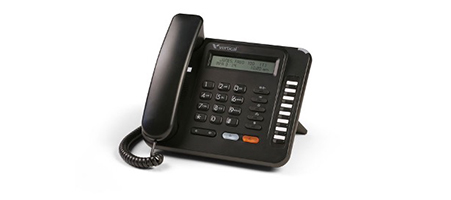IP Phones
Feature-Rich Endpoints
Get enterprise-class phones for desktop, remote and wireless applications.
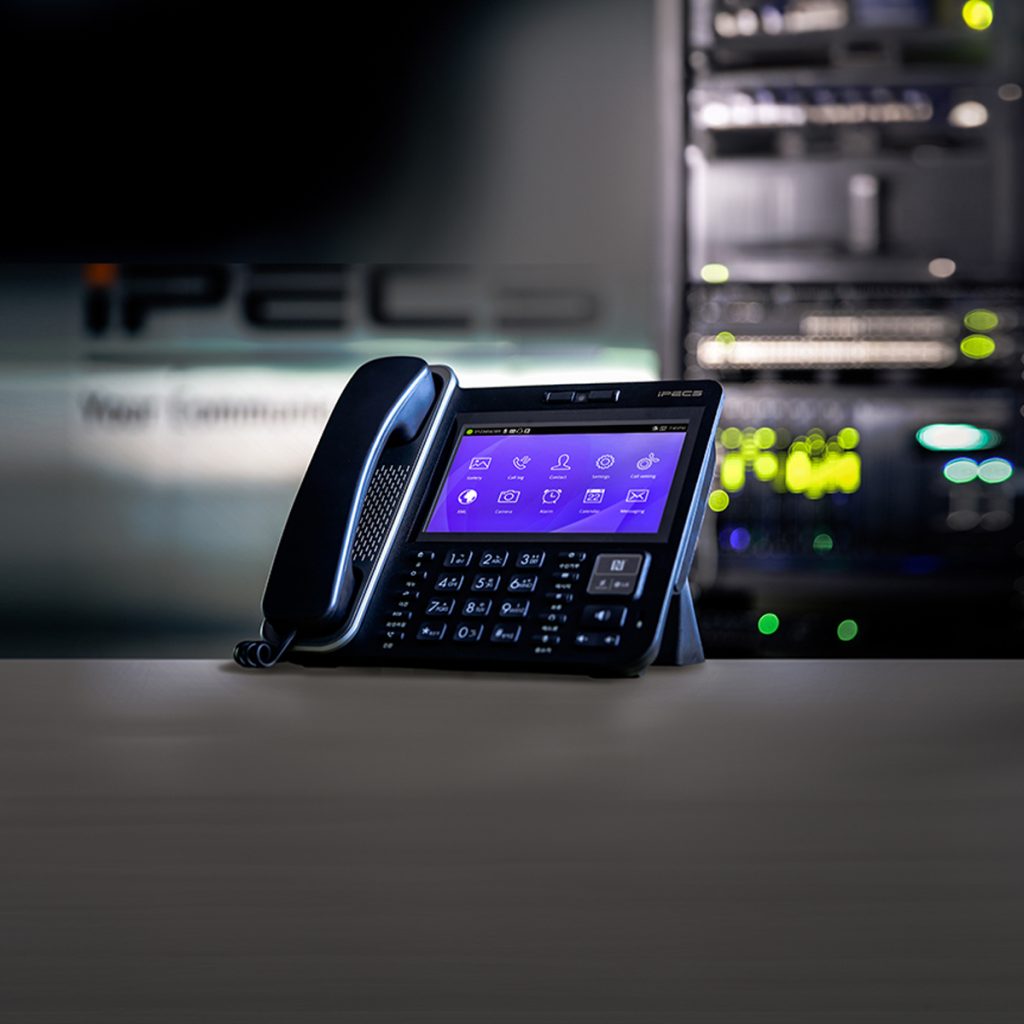

Vertical End-Points
The feature rich, enterprise-class phones for desktop, remote and wireless applications that will help enable smooth and efficient calling.
These phones offer an Intuitive user interface, superior HD voice, and a comprehensive range of terminals to meet the needs of your entire organization.
Communicate more clearly with modern phones that feature the latest in VoIP technology with an interactive, LCD menu screen and intuitive navigation.
Sleek, sophisticated and simple to set up and use, these full duplex phones provide “at a glance” call information displays, call logs and simplified administration.
The Vertical Difference
Our experts work with you to tailor the best customer experience solutions for your business. We’ll stay by your side from design to installation to support.

Enable your employees to do their best work.
Frequently Asked Questions
IP phones use the internet to transmit voice calls, data, and multimedia content. Unlike traditional phones, which rely on analog or digital phone lines, IP phones use your internet connection for communication, offering features like video conferencing, call forwarding, and voicemail to email.
When choosing IP phones, consider factors such as the number of users, scalability, compatibility with your VoIP service provider, call quality, support for essential features (e.g., call waiting, caller ID, call forwarding), and budget. It’s also important to assess the user interface and ease of use.
The choice between wired and wireless IP phones depends on your business’s needs and infrastructure. Wired IP phones typically offer more stability and higher call quality, while wireless phones provide mobility and flexibility. Consider your office layout and the mobility requirements of your employees when making this decision.
Security is crucial when using IP phones. Implement measures such as firewalls, encryption, strong passwords, and regular software updates to protect your IP phone system from potential threats like hacking or eavesdropping. Ensure your IP phones are compatible with your security protocols.
A smooth transition to IP phones involves planning and preparation. Consider factors like network readiness (sufficient bandwidth and Quality of Service settings), training for employees to use the new phones effectively, and a phased rollout to minimize disruptions during the transition.
